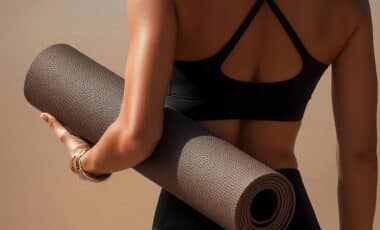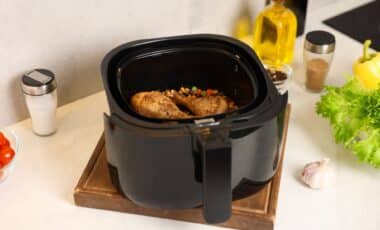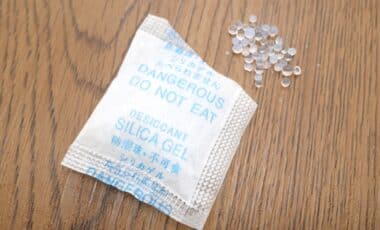Dry brushing is a trending skincare ritual that’s often praised for its exfoliating and energizing effects. It involves using a dry, firm-bristled brush on bare skin, typically before showering. While this technique is popular year-round, many wonder whether it’s a smart choice during the warmer months when skin tends to be more sensitive.
The Glowing Perks Of Dry Brushing
At its core, dry brushing is a manual exfoliation technique. With consistent use, it helps slough off dead skin cells, promoting a smoother, softer, and more radiant texture. According to dermatologists like Dr. King, removing that dull surface layer can make a big difference in how your skin looks and feels. For those who struggle with body breakouts or dry, flaky patches, dry brushing offers a simple way to keep pores clear and prevent buildup.
But dry brushing doesn’t stop at exfoliation. It also promotes blood circulation, which plays a crucial role in skin health. As you move the brush across your body, the stimulation helps bring fresh oxygen and nutrients to the surface of the skin. This increased blood flow can give your skin a naturally refreshed appearance — the kind of healthy glow that’s especially welcome when you’re showing more skin in summer.
Glass Shower Door Full of Stains? This Trick Wipes Them Out Instantly
Is Summer The Right Time?
Summer can be tricky when it comes to skincare. Sun exposure, heat, and humidity can make skin more reactive, especially after a day at the beach or pool. If your skin is sunburned, inflamed, or showing signs of irritation, dry brushing should be avoided entirely. Applying pressure to damaged skin can increase inflammation and even lead to microtears. “Avoid dry brushing over sunburned, irritated, or broken skin, as it can exacerbate conditions like eczema or rosacea,” warn dermatologists like Dr. Teresa Songg and Dr. Shilpi Khetarpal.
Even if your skin is in good condition, the technique matters. Summer skin is often more delicate, so brushing should be done with extra care. Use light, sweeping strokes — not aggressive scrubbing — to minimize the risk of irritation. The goal isn’t to scour the skin but to stimulate it gently.
Moisture Is A Must
After dry brushing, your skin is in a prime state to absorb moisture. However, it’s also more vulnerable to dehydration, especially during summer when sweat and sun exposure can strip away hydration. This makes post-brushing care essential. Applying a rich, nourishing moisturizer after your brushing session helps restore your skin’s barrier and lock in hydration. Look for ingredients like shea butter, ceramides, or aloe vera, which can soothe and replenish the skin without clogging pores.
Dry brushing can be a fantastic addition to your summer skincare routine — if your skin is healthy, unburned, and not overly sensitive. Everyone’s skin is different, and it’s important to pay attention to how yours responds. If you notice any stinging, redness, or tightness after brushing, it might be a sign to take a break or adjust your pressure and frequency.







